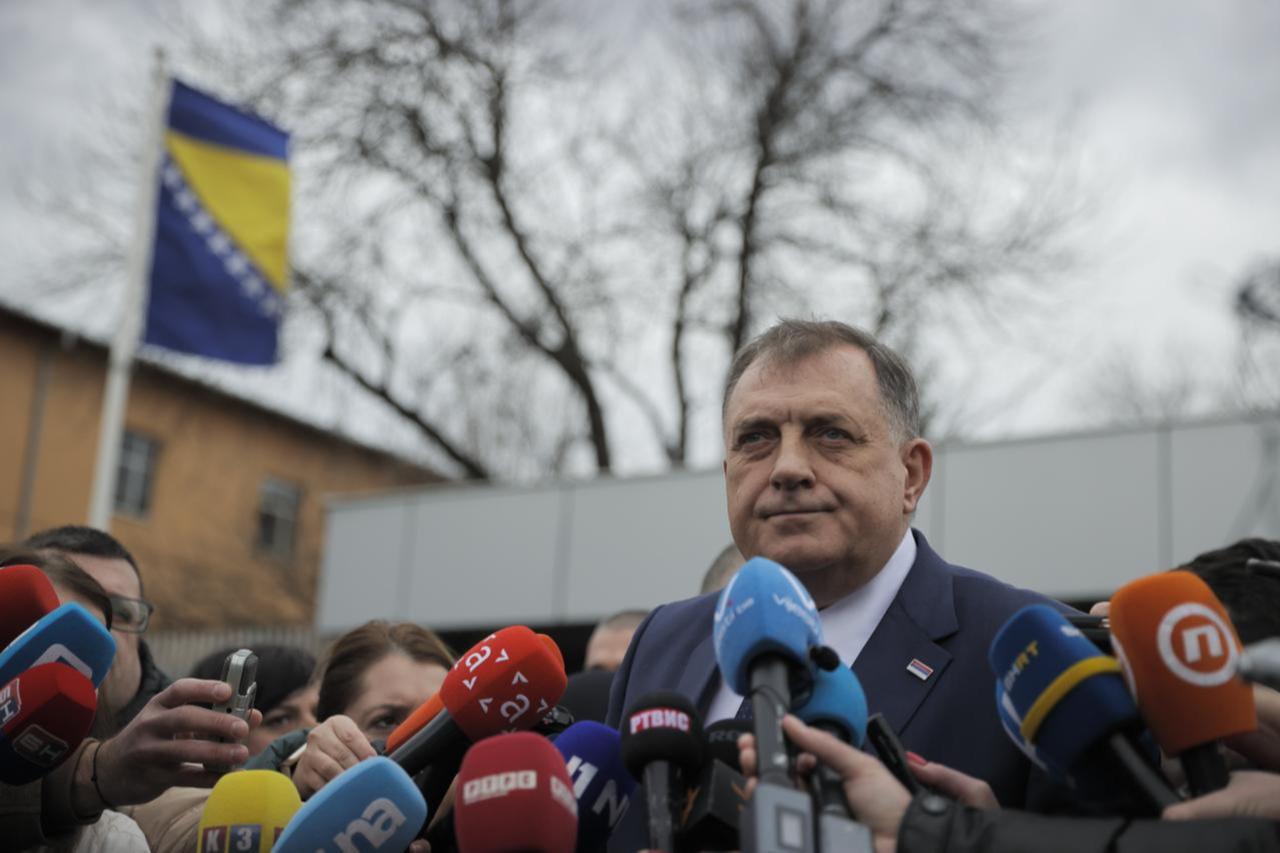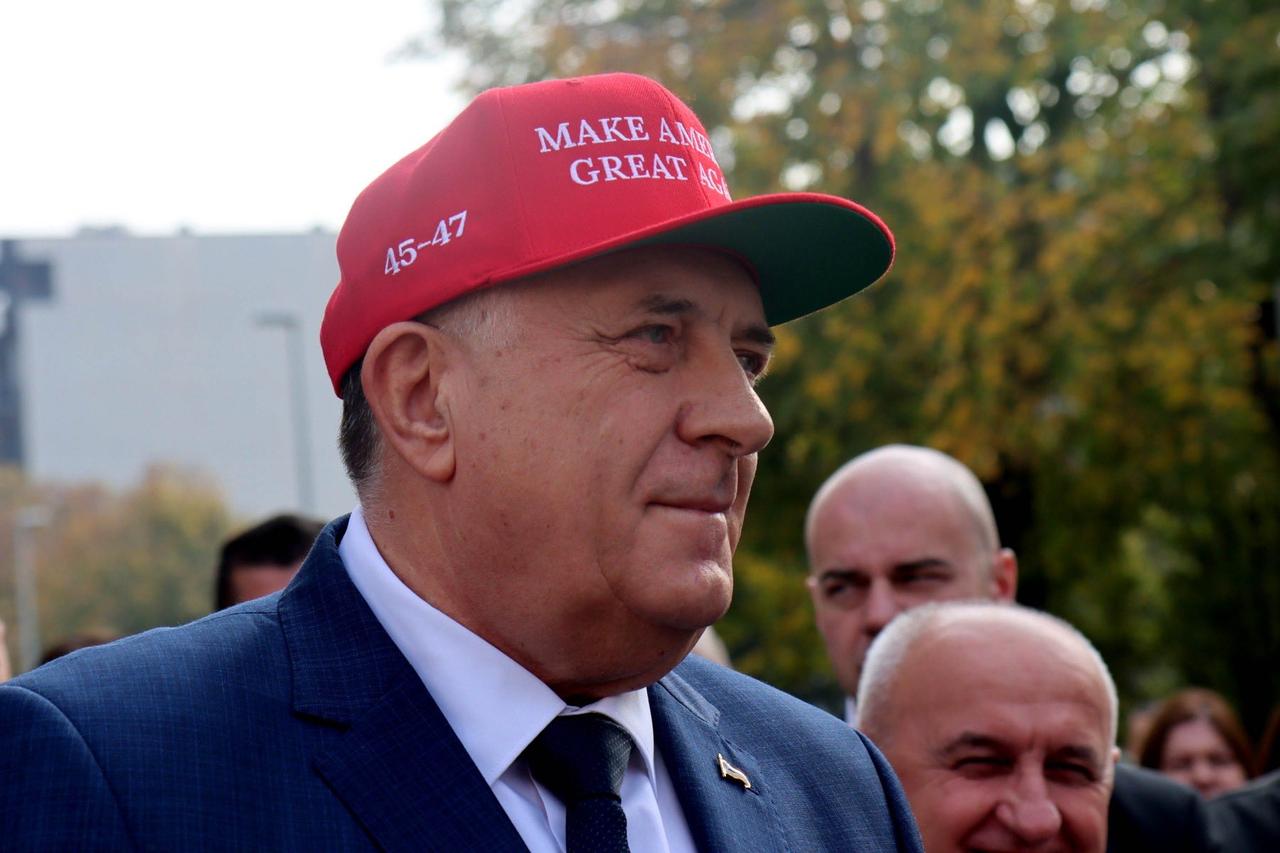
Bosnia’s Serb-majority entity, Republika Srpska (RS), will appoint an interim president, its parliament said Friday—the first official acknowledgment that longtime leader Milorad Dodik will step aside following a state court ruling that banned him from political activity.
Lawmakers are set to vote on Saturday to select an acting head of the entity, who will serve for one month until new presidential elections are held on Nov. 23.
The decision marks a significant political moment in RS, where Dodik has dominated for nearly two decades, steering the region toward greater autonomy and repeatedly clashing with Bosnia’s central government and international institutions.
The move follows a ruling by Bosnia’s federal court in February, which convicted Dodik of defying decisions issued by Christian Schmidt, the international high representative overseeing the implementation of the Dayton Peace Agreement, which ended Bosnia’s 1992–1995 war.
The court stripped Dodik of his office, sentenced him to one year in prison or a fine, and banned him from political activity for six years. Despite the verdict, Dodik, a pro-Russian nationalist who advocates secession from Bosnia and union with Serbia, continued performing presidential duties and traveling abroad as head of the entity. He is currently appealing the ruling before Bosnia’s Constitutional Court.
The parliament’s decision to install an interim president comes amid confusion over why one of the entity’s two vice presidents did not assume the role, as allowed under the constitution. Neither the parliament nor Dodik’s cabinet responded to requests for comment.
Local media have speculated that Zeljka Cvijanovic, the Serb member of Bosnia’s tripartite state presidency, is a potential candidate for the temporary post. However, legal experts say such an appointment would violate the Constitution, which bars individuals from holding two executive offices simultaneously. If Cvijanovic were chosen, the state presidency’s work would be suspended until a replacement is named.
The Central Election Commission of Bosnia and Herzegovina has scheduled the RS presidential vote for Nov. 23, after the regional assembly dropped its opposition to an early election on Sept. 24.
The outcome will test whether Republika Srpska continues Dodik’s confrontational policies or moves toward a more cooperative stance with Bosnia’s central institutions.
Under the Dayton Agreement, which ended the war that killed around 100,000 people, Bosnia was divided into two entities—Republika Srpska, dominated by ethnic Serbs, and the Federation of Bosnia and Herzegovina, shared by Bosniaks and Croats.

Meanwhile, the U.S. Treasury Department announced Friday that it had removed four allies of Dodik from its sanctions list, according to a Reuters report. Dodik, who remains under U.S. and U.K. sanctions for undermining the Dayton peace framework, welcomed the move as he campaigns to have his own penalties lifted.
Several European governments have also sanctioned Dodik, accusing him of endangering Bosnia’s fragile postwar stability with his secessionist agenda.
The veteran politician was formally removed from office in August, following his conviction, marking one of the most dramatic setbacks of his career.
The upcoming November election will reveal whether Dodik’s nationalist influence can endure in the entity he helped shape, or whether Republika Srpska begins a rare transition of power after decades under his rule.